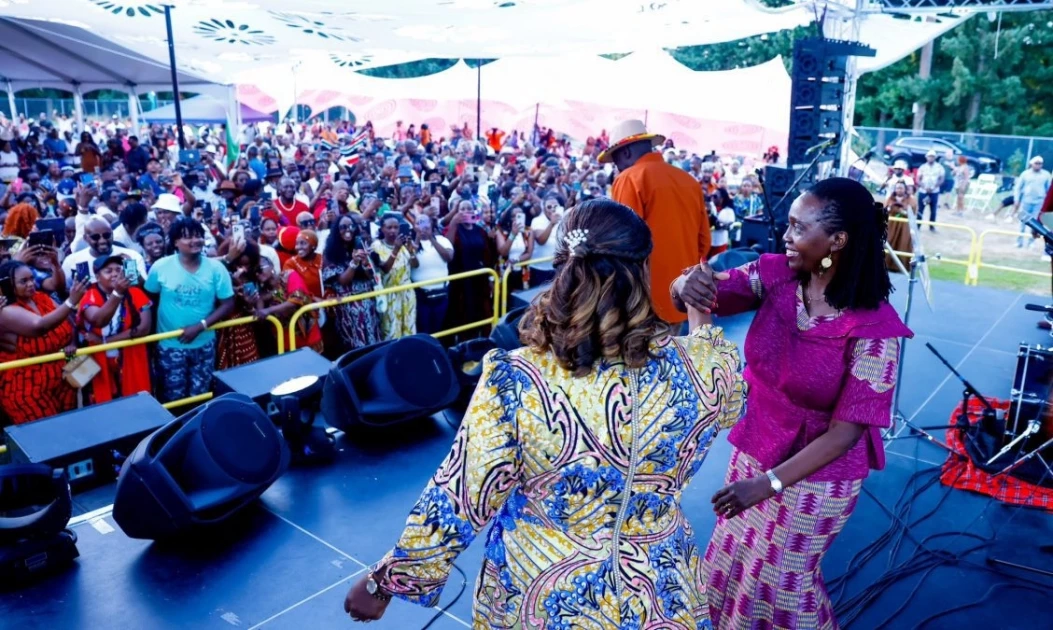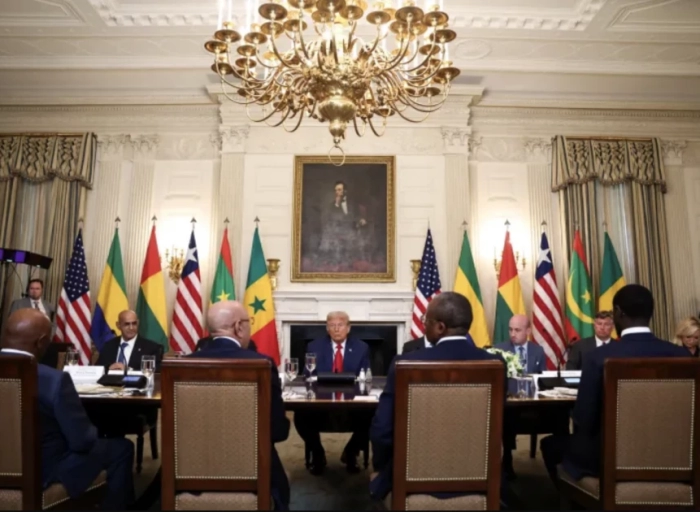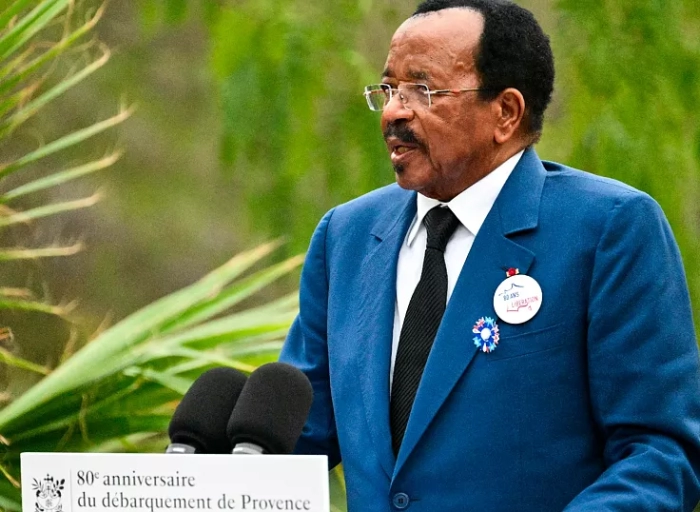Kenya’s opposition voices Martha Karua and Rigathi Gachagua delivered a powerful joint message over the weekend, condemning the government’s response to growing dissent in the country. The two leaders spoke at the inaugural Ngemi Cia Ruraya festival, a cultural celebration held at Saghalie Park in Seattle, Washington, bringing together the Kenyan diaspora in the U.S. Pacific Northwest.
Karua, leader of the People’s Liberation Party and a veteran champion for civil rights, served as the chief guest of the event. Gachagua, former Deputy President and head of the Democracy for Citizens Party (DCP), attended alongside his wife, Pastor Dorcas Gachagua.
Their simultaneous appearance at the festival attracted wide attention back home, sparking speculation about possible political realignments. Karua, however, clarified that the two had been invited independently and traveled separately.
“We are attending the same event, each traveling separately,” Karua explained in a post on X (formerly Twitter), emphasizing that the coincidence was not indicative of a political alliance—at least not officially.
Still, their messages were strikingly aligned.
Karua criticized the current administration’s track record on civil liberties, accusing it of betraying citizens through violence, corruption, and intimidation.
“We don’t need a government that abducts, kills, and steals from its own people,” she said. “We are here to offer a transformational alternative—leadership anchored in justice and dignity.”
Gachagua, addressing the Kenyan community abroad, voiced similar outrage—particularly regarding the treatment of youth protesters.
“They have killed our Gen Zs, and the rest face trumped-up charges in court,” he said. “This regime is using fear to suppress dissent. But we are telling Kenyans—don’t be afraid. We must confront this head-on.”
Their remarks come at a time of heightened political tension in Kenya, with nationwide protests led by Gen Z activists facing aggressive crackdowns.
As diaspora communities watch developments closely, the Seattle event underscored a growing unity of message—if not of party—among opposition figures rallying against what they call rising authoritarianism at home.




